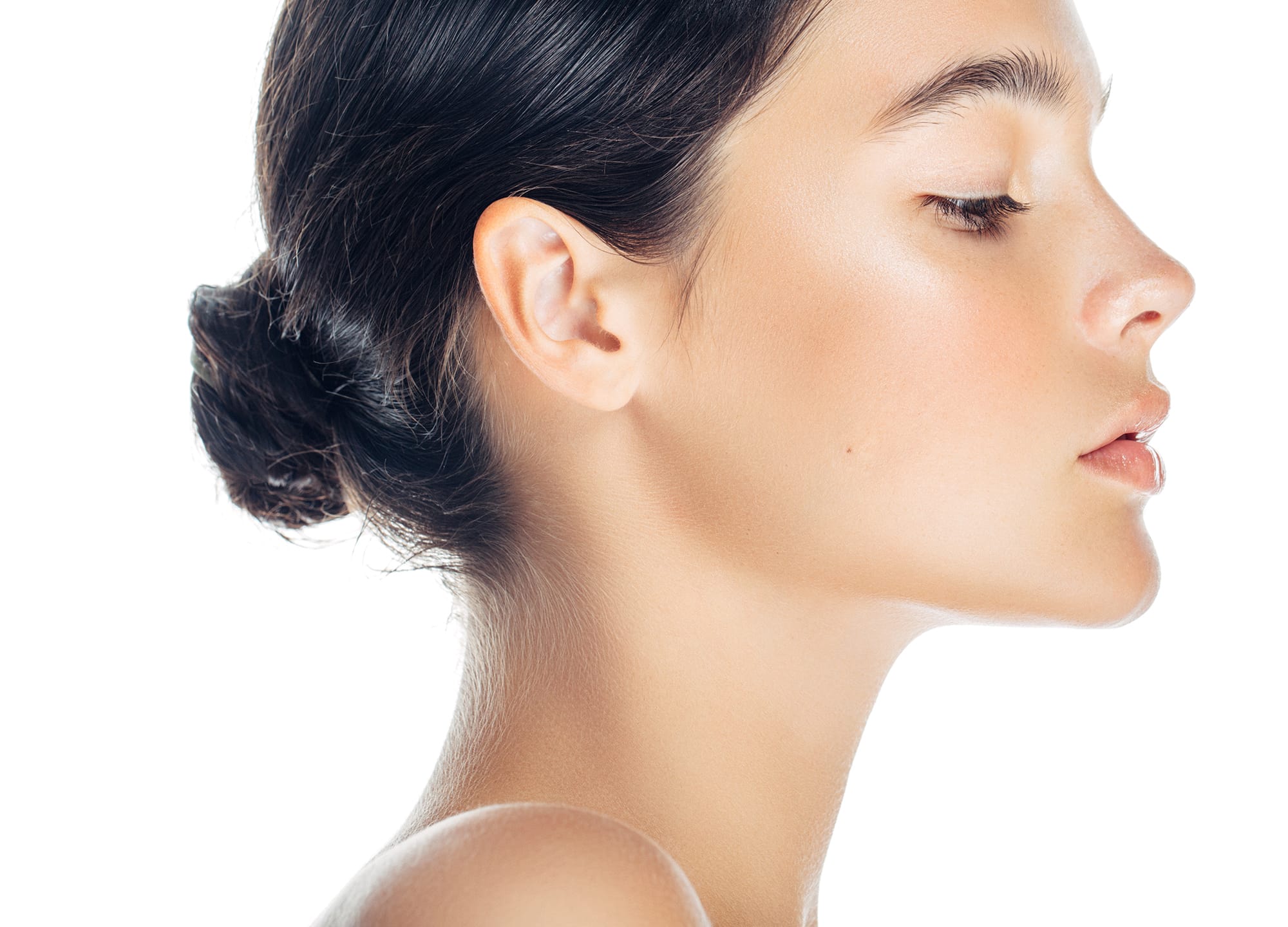Does Volite Works Well for Acne-Prone Skin?
When it comes to maintaining a healthy, radiant complexion, especially for those with acne-prone skin, choosing the right skin treatment can feel overwhelming. Volite fillers in Dubai have gained significant attention as a promising solution for skin hydration and rejuvenation. But a common question arises: does Volite work well for acne-prone skin? This article aims to explore the effectiveness of Volite in improving skin texture and hydration while addressing concerns related to acne-prone skin.
What is Volite and How Does It Work?
Volite is an injectable skin booster that uses hyaluronic acid to improve skin hydration, elasticity, and overall quality. Unlike traditional dermal fillers that add volume or contour specific facial areas, Volite works beneath the surface to enhance skin texture and smoothness. It stimulates collagen production and increases moisture retention, leading to a refreshed and youthful appearance. For acne-prone skin, hydration is a key factor. Often, acne treatments can dry out the skin, causing imbalance and flare-ups. Volite's deep hydrating properties can help restore moisture without clogging pores or causing irritation. This makes it an attractive option for those struggling with dryness and dullness post-acne treatment.
How Acne-Prone Skin Differs from Normal Skin
Understanding acne-prone skin helps in assessing the suitability of Volite. Acne-prone skin is typically characterized by:
Excess sebum production
Inflamed and clogged pores
Sensitivity to certain skincare ingredients
Potential for scarring and uneven texture
These factors can make the skin more reactive and difficult to treat with aggressive or occlusive products. Treatments that provide hydration without blocking pores or increasing oiliness are preferred for acne-prone individuals.

Hydration Benefits of Volite for Acne-Prone Skin
One of the main benefits of Volite is its ability to deeply hydrate the skin. Hyaluronic acid, the active ingredient, is naturally present in the skin and binds water molecules, ensuring lasting moisture. For acne-prone skin, proper hydration is crucial because:
It prevents overproduction of oil, which often occurs when skin is dehydrated.
It supports skin barrier repair, reducing sensitivity and inflammation.
It improves skin texture by softening rough patches and minimizing the appearance of scars.
Volite injections deliver hyaluronic acid directly into the dermis, where it attracts and retains moisture for several months. This hydration can calm and soothe acne-prone skin, reducing redness and irritation linked to dryness.
Can Volite Help Reduce Acne Scarring?
Post-acne scars, especially those that cause uneven skin texture, are a major concern for many acne sufferers. Volite's collagen-stimulating properties help improve the skin's structural integrity by encouraging natural collagen production. This gradual regeneration can:
Smooth fine lines and shallow scars
Enhance skin firmness and elasticity
Promote an even skin tone and surface
Although Volite is not a replacement for more intensive scar treatments like laser therapy or microneedling, it can complement these procedures by boosting overall skin quality and hydration.
Safety of Volite for Acne-Prone Skin
When considering any injectable treatment for acne-prone skin, safety is a top priority. Volite is designed to be biocompatible and is composed of purified hyaluronic acid, reducing the risk of allergic reactions. Additionally:
It does not clog pores or contribute to breakouts.
The injection technique targets the dermis, minimizing surface irritation.
It avoids harsh chemicals or oils that can exacerbate acne.
However, it is important that the treatment is administered by a qualified professional who can evaluate your specific skin condition and history. Those with active cystic acne or skin infections should avoid injections until the skin is clear.
How Often Should Acne-Prone Skin Receive Volite Treatments?
Volite's effects typically last between 4 to 6 months, depending on individual skin conditions and lifestyle factors. For acne-prone skin, it is generally recommended to:
Schedule maintenance sessions every 4 to 6 months to sustain hydration and collagen production.
Combine Volite with a consistent acne management routine, including dermatologist-recommended products or medications.
Regular treatments can contribute to long-term skin improvement by enhancing texture, reducing dryness, and supporting healthy skin regeneration.
Who Should Avoid Volite Treatments?
While Volite is suitable for many, certain individuals should exercise caution or avoid the treatment, including:
Those with active severe acne or inflamed skin conditions.
People with known allergies to hyaluronic acid or similar substances.
Individuals with skin infections or compromised immune systems.
A thorough consultation with a skincare expert can help determine if Volite is the right choice based on personal skin health and goals.
Final Thoughts
Volite fillers in Dubai have shown promising results for improving skin hydration, texture, and elasticity, making them a beneficial treatment for acne-prone skin. Its hydrating effects help balance oil production, soothe irritation, and enhance skin barrier function, which are essential for managing acne-prone complexions. Additionally, its ability to stimulate collagen supports the healing of acne scars and overall skin rejuvenation. However, Volite should be part of a comprehensive skincare routine tailored to acne-prone skin, including proper cleansing, non-comedogenic moisturizers, and acne-specific treatments when necessary. Always seek treatment from experienced professionals who understand the nuances of acne-prone skin to maximize benefits and minimize risks.

Comments
Post a Comment